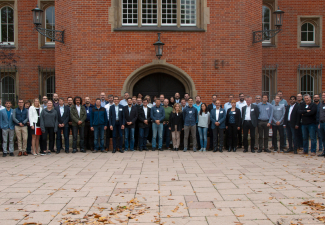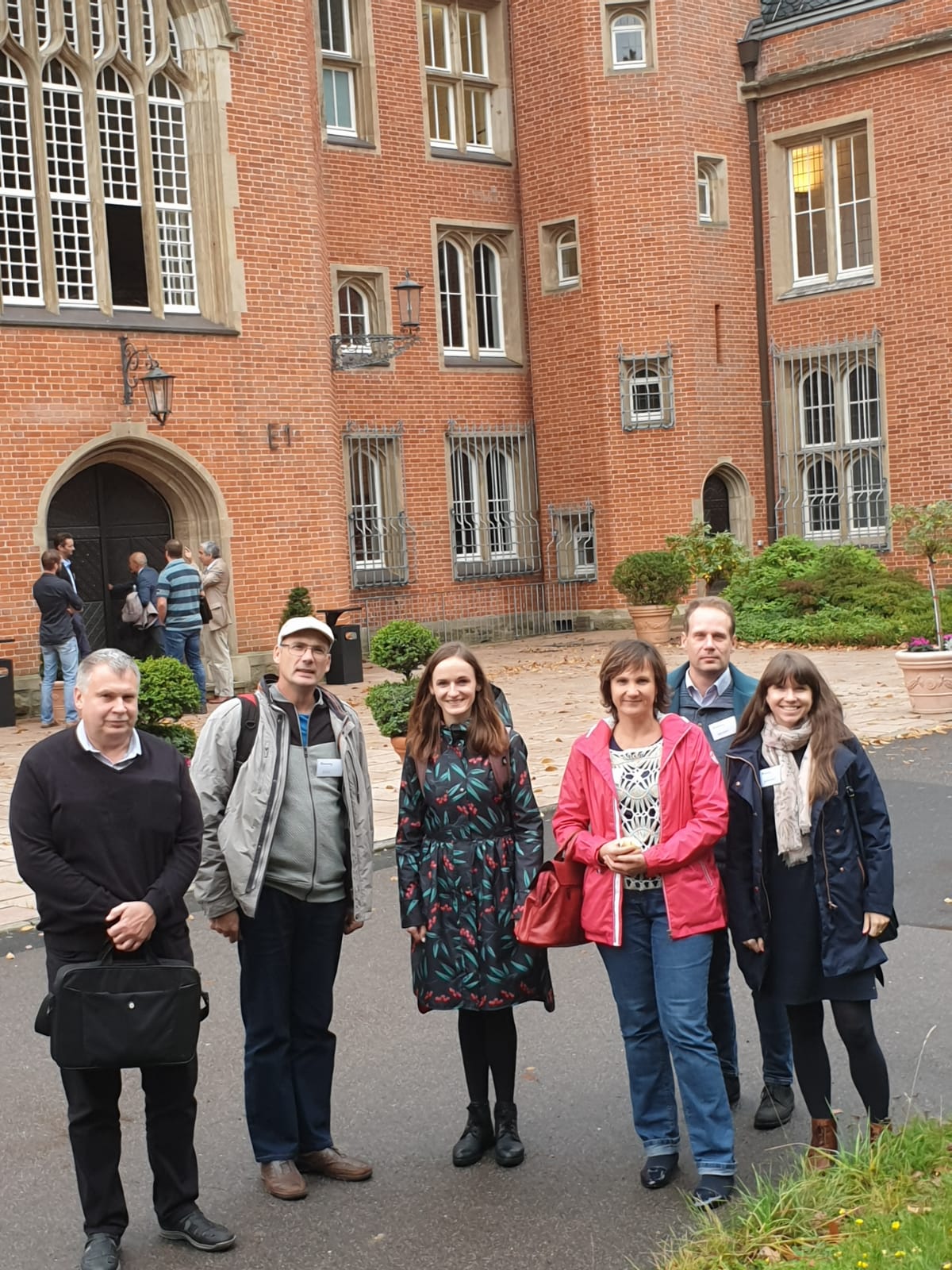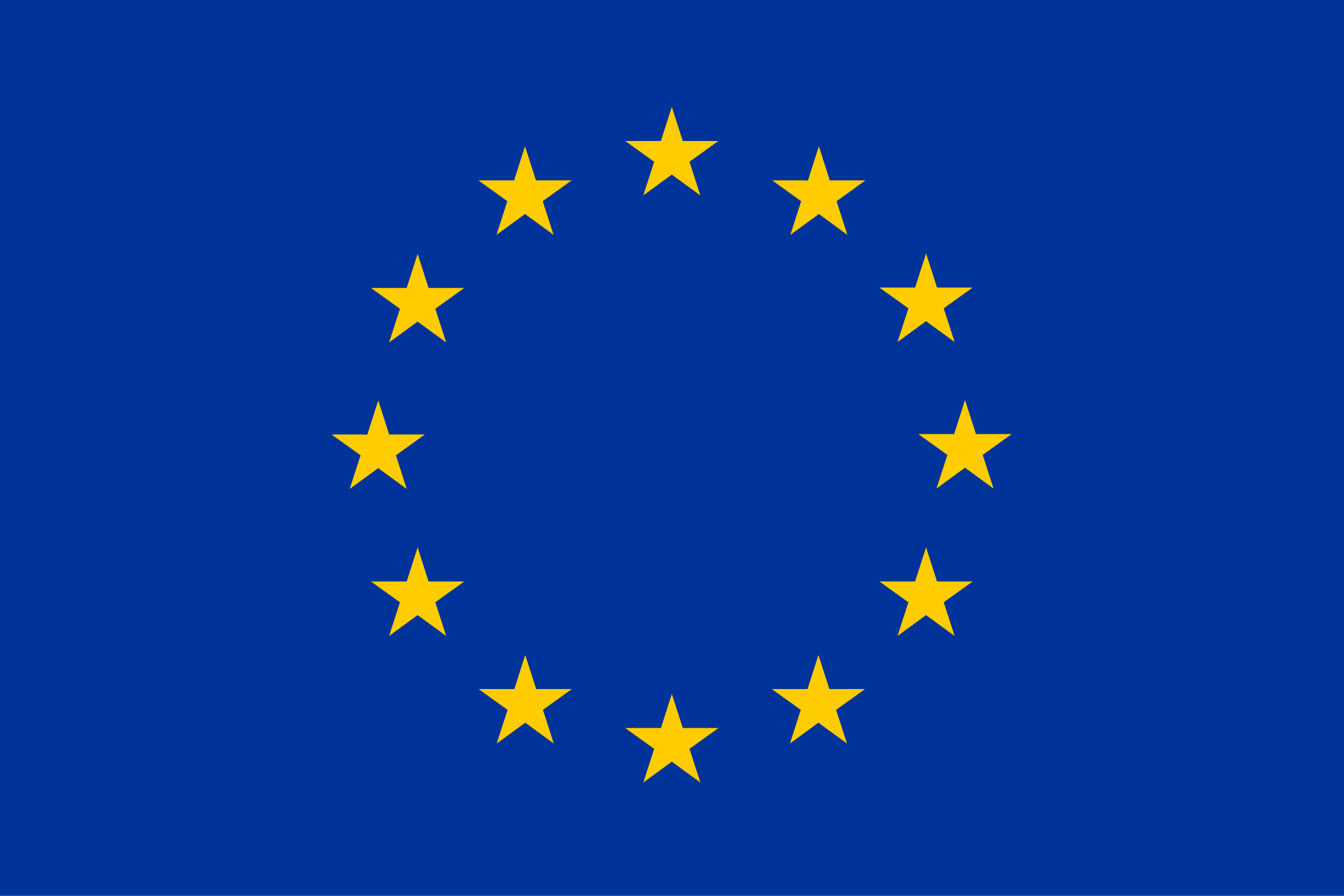ATLAS project to define the next generation standards for data driven agriculture

Modern agriculture is becoming more and more data driven. Although a multitude of technical solutions already exist, the lack of interoperability demands a careful choice of machines, sensors and data processing platforms and hinders the adaption of these systems to the individual farmer’s specific needs.
Τhe Horizon 2020 project “ATLAS” aspires to overcome these constraints and its overall objective is the development of an open digital service platform for agricultural applications and to build up a sustainable ecosystem for innovative data-driven agriculture. The platform will allow the flexible combination of agricultural machinery, sensor systems and data analysis tools to overcome the problem of lacking interoperability and to enable farmers to increase the productivity in a sustainable way by making use of the most advanced digital technology.
Using the ATLAS platform, the benefits of data driven agriculture will be demonstrated within a multitude of pilot studies. Around these pilots, so called "Innovation Hubs", a network of end-users, service providers, researchers and policy makers, will be established to exploit the benefits of digital agriculture to a larger audience. Moreover, through seed funding, innovative companies will be attracted to provide their services through the platform.
The ATLAS platform will provide a flexible architecture to integrate a variety of different sensors, machines and services.
The kick-off meeting of ATLAS project took place in Fraunhofer Institute on the 16th and 17th of October 2019. During the meeting, the end user perspectives both of farmers and the machinery manufacturing industry were highlighted. Furthermore, the full work plan and the immediate upcoming activities were discussed, as well as the management structure and decision-making mechanisms of the consortium.
Dr. agr. Edgars Rubauskis presents at the first kick-off meeting of partners.

The ATLAS project will run for 36 months until September 2022 and involves 30 partners from Germany, Switzerland, Greece, Italy, Romania, Spain and Latvia.
ATLAS project consortium: FRAUNHOFER GESELLSCHAFT ZUR FOERDERUNG DER ANGEWANDTEN FORSCHUNG E.V., AGRICIRCLE AG, ETHNIKO KENTRO EREVNAS KAI TECHNOLOGIKIS ANAPTYXIS, AGRO APPS I.K.E., UNIVERSITA DEL SALENTO, CONSIGLIO NAZIONALE DELLE RICERCHE, AGRICULTURAL INDUSTRY ELECTRONICS FOUNDATION AEF, NATIONAL OBSERVATORY OF ATHENS, FORSCHUNGSZENTRUM JULICH GMBH, ELLINIKOS GEORGIKOS ORGANISMOS DIMITRA, TECHNISCHE HOCHSCHULE KOLN, STATIUNEA DE CERCETARE DEZVOLTARE PENTRU VITICULTURA SI, VINIFICATIE MURFATLAR, Deutsche Landwirtschafts-Gesellschaft e.V., ROBOT MAKERS GMBH, METEOMATICS AG, LIBELIUM COMUNICACIONES DISTRIBUIDAS SOCIEDAD LIMITADA, SEELMEYER & WOLTERING KG, LATVIJAS AUGĻKOPJU ASOCIĀCIJA, ETAM SA, KUNNE STEPHAN, LIEDER FALK, MUNCHHOFF FRIEDRICH-CHRISTIAN, LATVIJAS BIOLOĢISKĀS LAUKSAIMNIECĪBAS ASOCIĀCIJA, FODJAN GMBH, FROHLICH PETER, OIKONOMOU STAMATIS, AGROTIKOS SYNETAIRISMOS PROIONTON AGIAS O KISSAVOS, ANWENDUNGSZENTRUM GMBH OBERPFAFFENHOFEN, DĀRZKOPĪBAS INSTITŪTS (LatHort), KTIMA GEROVASSILIOU OINOPOIIA ANONYMI ETARIA.
***
For further information, contact Dr. Stefan Rilling Stefan.Rilling@iais.fraunhofer.de

This project has received funding from the European Union’s Horizon 2020 research and innovation programme under grant agreement No 857125